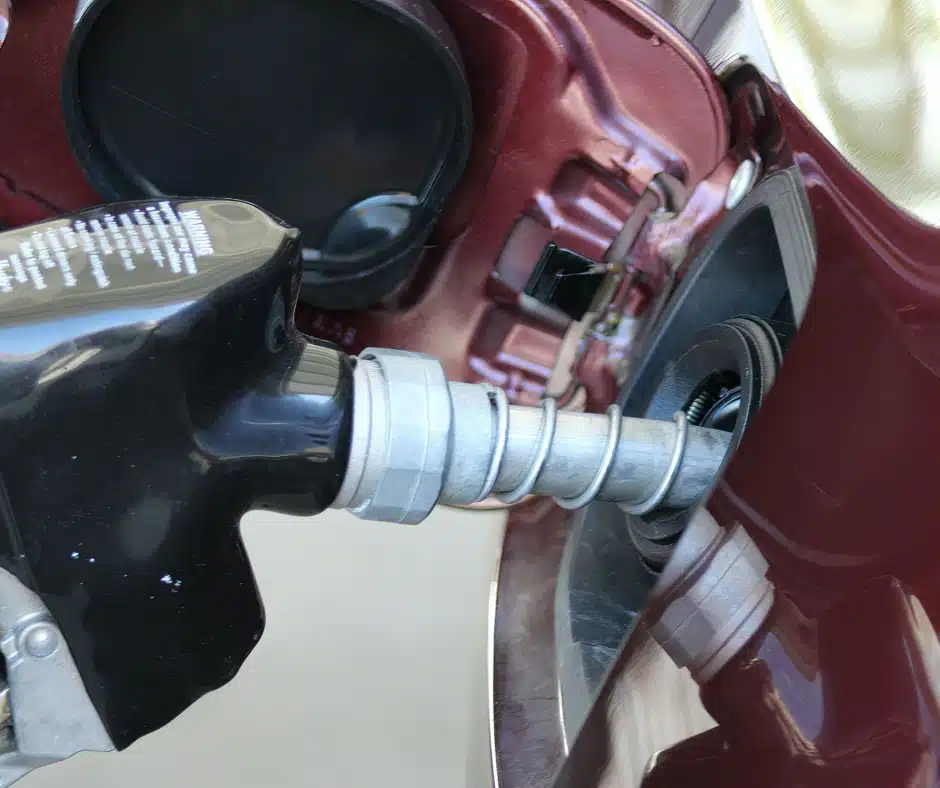14 Tips for Reducing Fuel Consumption
With gas prices seemingly always on the rise, many drivers look for ways they can cut their costs by reducing their fuel consumption.
Here are 14 tips to help you decrease the amount of fuel you use and save money:
Drive only when needed
While it seems simple, the best way to reduce your fuel consumption is to drive less.
If you only need to travel a few blocks, consider walking or riding a bike. Group your errands together as much as possible rather than going out for every small reason, and plan your route so you aren’t backtracking too much.
Make sure the gas cap is on tight
You may not get the mileage you expect out of your car because there just isn’t as much gas in your tank as you think.
Nearly 150 million gallons of gas are lost annually due to evaporation because drivers’ gas caps weren’t on tight enough.
Avoid idling
When you do need to drive, avoid idling your engine as much as possible.
If your car is running but not moving, it’s still using gas. To avoid using too much gas when you aren’t going anywhere, turn your car off if you’ll be stationary for more than a minute or so, if it’s safe to do so.
Brake and accelerate steadily
Stomping on the gas pedal or the brakes uses up far more gas than applying steady pressure.
While some cases of quick braking are unavoidable, it’s best to put steady, consistent pressure on the brake or gas pedal for the best gas mileage.
Drive the speed limit
Driving at or near the speed limit is crucial for reducing fuel consumption.
The faster you drive, the more fuel you use. Drive as fast as you need to in order to maintain a safe driving speed, but avoid going too fast.
Coast when possible
Constant braking and accelerating wastes fuel and causes your fuel consumption to skyrocket.
Whenever possible, coast to avoid excess fuel use. This does take some practice, but you may be surprised how often you’re able to take your foot off the pedal.

Use cruise control
When you’re on the highway, use cruise control whenever possible to keep your speed consistent and avoid the need to use the accelerator.
Set your cruise control to the speed limit and let your engine take a bit of a rest. However, if you’re in traffic or a construction zone, disengage the cruise control and actively drive.
Make your car aerodynamic
Additional items on your car such as roof racks and spoilers make your car heavier and less aerodynamic. This means you use more fuel.
Remove these items to improve your vehicle’s performance.
Keep the windows closed
Similar to removing bulky items from your car, keeping your windows closed improves the aerodynamics of your car and boosts your gas mileage.
If you’re driving at speeds of less than 35 miles per hour, it’s usually OK to roll your windows down. However, at any speed above that having the windows down increases drag and fuel consumption.
Minimize air conditioning
While it can be unavoidable to need air conditioning when it’s really hot outside, limiting your use of AC can help improve fuel performance.
However, if it’s a choice between air conditioning and rolling down your windows, choose the AC but keep it on a low setting.
Replace dirty air filters
Dirty air filters cause your car’s engine to work harder, resulting in poor fuel economy.
Follow the manufacturer’s recommendation for changing your air filter, which can easily be done when you get an oil change. A clean air filter allows your engine to perform more efficiently, saving you money in gas.
Maintain proper tire inflation
Improperly inflated tires can reduce your gas mileage, sometimes up to five percent.
Always check your owner’s manual and ensure your tires are inflated to the proper air pressure level.
Reduce weight in the vehicle
For every 100 pounds of weight in the vehicle, your car’s fuel economy decreases by 1 to 2 percent.
Clear out any unnecessary items in your trunk or in the car itself, making your vehicle lighter and more fuel-efficient.
Get regular tune-ups
Certain problems with your car’s mechanics also can cause you to see reduced gas mileage.
Get regular tune-ups at your mechanic, and have them specifically check:
- Spark plugs
- Air filters
- Oxygen sensors
- Fuel injection systems
- Tires
Replacing problem parts, or simply doing routine maintenance on them, can improve your gas mileage and reduce fuel consumption.
Reducing Fuel Consumption With Your Frederick, MD, Mechanics
If you need your vehicle looked at due to increasing fuel consumption or any other problem, trust the team at Stup’s Auto. We’re knowledgeable about a wide variety of cars and won’t make you pay to fix a problem that doesn’t exist. Schedule your appointment today!
